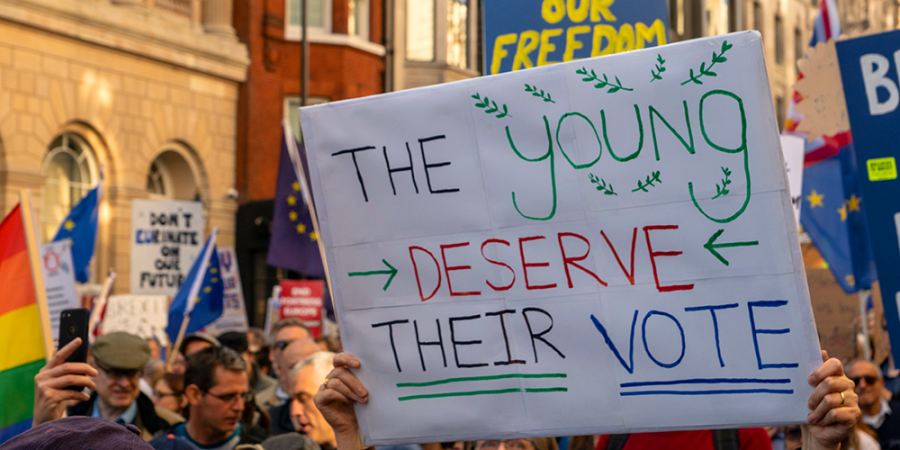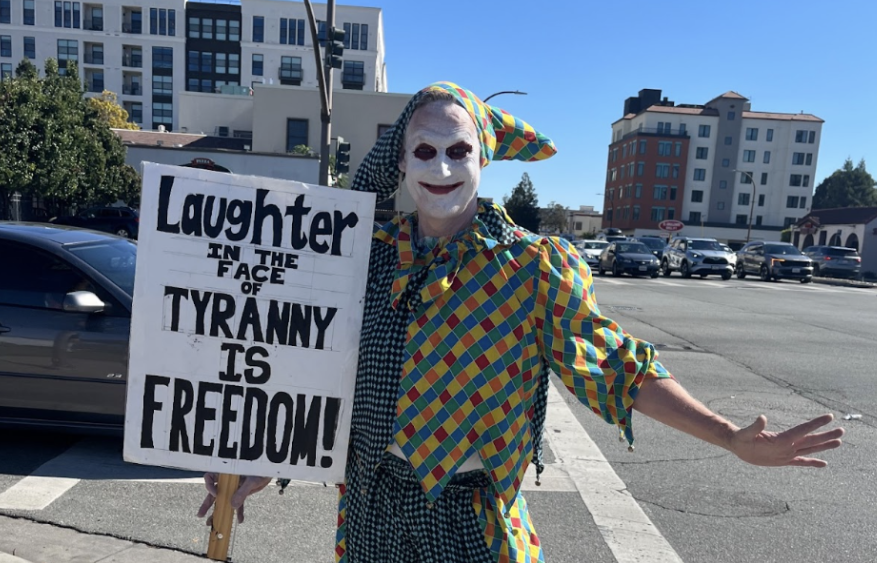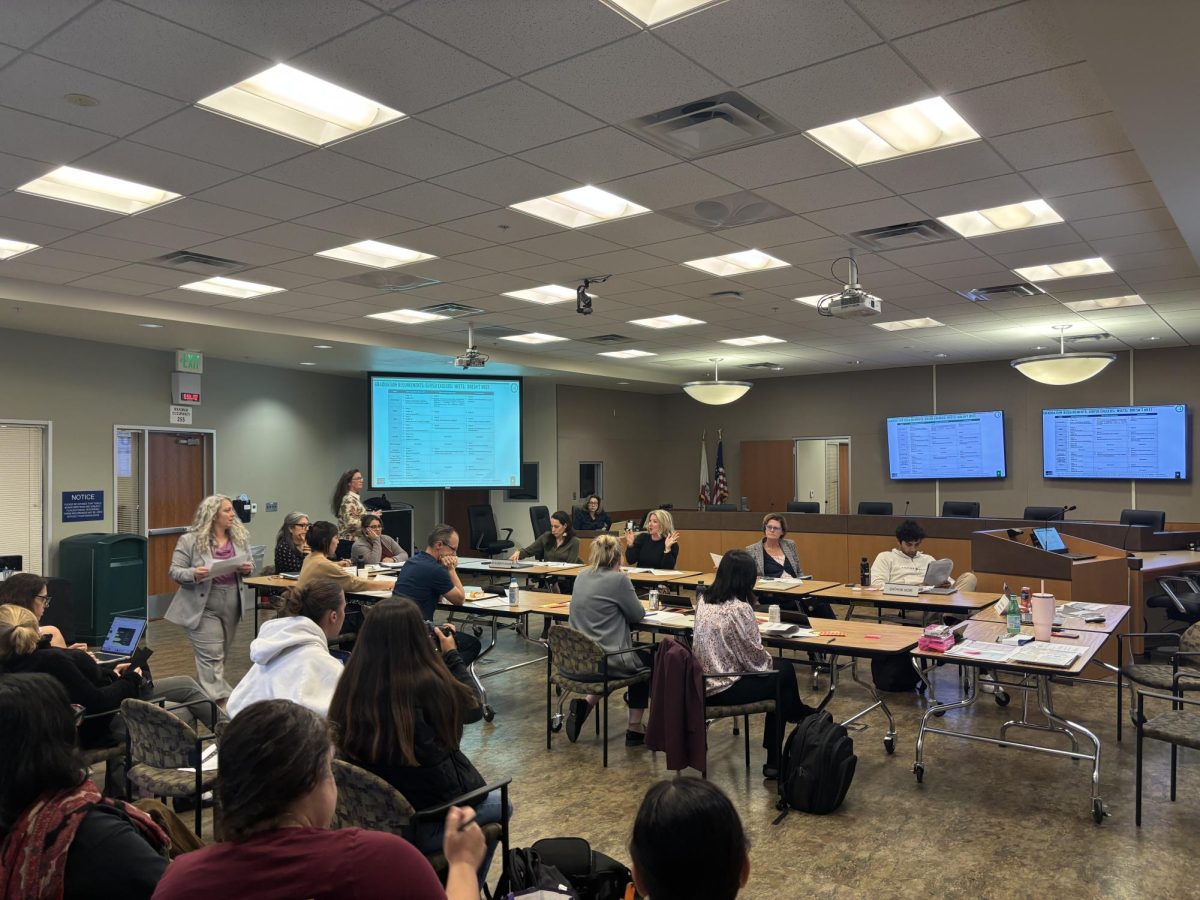San Francisco may soon be the first major city in which 16 and 17-year-olds are able to vote in local elections.
The measure is scheduled to appear on the ballot for the November election. If passed, it would allow teens to vote for candidates running for elected offices, propositions, and measures that affect the city of San Francisco.
“I’d say it would definitely help us stay calm [and] more mature in our decision making,” Woodside senior Eden Davison said. “I’ve not really had to make any super big decisions yet, but voting is a really big decision, for sure.”
Many Woodside teachers and parents support the measure, as they feel confident in teens making the right choices.
“As I work with teenagers, I know how bright and capable teenagers are, perhaps in a way that the general public doesn’t necessarily recognize,” said Lexi Pretto, a Woodside English teacher. “It’s a serious responsibility, and you have to be thoughtful about the choices that you make. I would imagine that parents trust their children and would like to see an opportunity for them.”

(Ms. Jane Campbell/Shutterstock)
The Vote 16 measure only focuses on those who are 16 and 17, who many think are already given a lot of freedom. They are able to drive, get jobs, and much more. Many, like Woodside junior Jayden Maxham, argue that it’s unconstitutional that 16 and 17-year-olds can’t vote because they are given much of the same freedoms as adults.
“[16 and 17-year-olds] should be able to vote because if not, then it’s taxation without representation, and that’s unconstitutional,” Maxham argued.
Critics of Vote 16 say that teens would abuse their rights. According to a 2019 Hill-HarrisX poll, 84% of registered voters are opposed to lowering the voting age to 16. When asked if teens felt that others would abuse their right to vote, 16-year-old Daniel Perloff, who attends Jewish Community High School in San Francisco, said “I definitely think people would be serious about it, especially in the current scheme of politics right now. There have been lots of good, lots of police brutality, lots of rapidly changing events in the news cycles. I think [giving teens] the opportunity to vote [allows us to] capitalize on it, rather than treat it as a joke.”

(newsweek.com)
The vote could also help minorities voice their opinions, as many students’ parents are not legal citizens.
“I live in San Francisco,” stated Pretto. “As you know, I have [taught] so many 16 and 17-year-olds who are citizens, but whose parents are not. [Lowing the voting age] would provide a much broader voice, and broad representation of what our community really looks like, within the halls of government. There are so many issues that are designed to impact young people and impact their families who have no voice because of perhaps immigration status, that this would be a way that the decision-making is actually being influenced by the people who are affected by it.”
A similar proposition to Vote 16 was seen on the ballot back in 2016. It gained 48% of the vote and was not passed. However, Pretto and many others are now giving it their full support.
Pretto concluded, “I think it’s a great idea. It’s like broadening civic engagement by giving young people a voice. Especially considering how many issues that we vote on, they’re the ones who are most impacted. Considering things like environmental issues and global warming, people who are making these decisions right now are not.”









